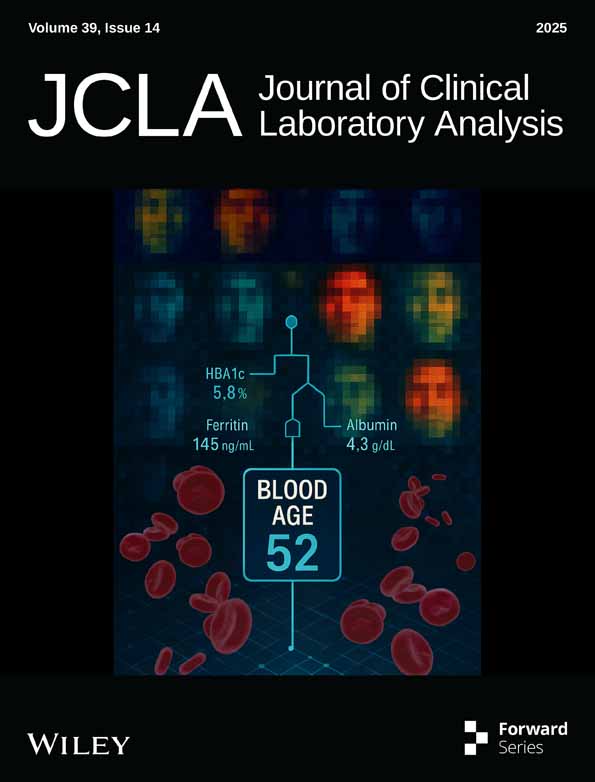Prevalence of autoantibodies in patients of psoriasis
Abstract
Psoriasis is a common chronic inflammatory disease of the skin and joints. Autoantibodies have been reported in psoriasis patients. Objective of the study was to see the prevalence of various autoantibodies in patients of psoriasis and its correlation with gender, age, and type. Anti-nuclear antibody and antibody to double-stranded deoxyribonucleic acid were studied by indirect enzyme linked immunosorbent assay, rheumatoid factor was done by latex agglutination, whereas anti-thyroid microsomal antibody (anti-TMA) was by gelatin agglutination method. About 28.8% of psoriasis cases were positive for atleast one autoantibody. Age of onset (P=0.033) and types of psoriasis (P=0.037) had significant association with gender. Anti-double-stranded deoxyribonucleic acid (P=0.029) and anti-thyroid microsomal antibody (P=0.002) had significant association with types of psoriasis. Gender wise distribution of psoriasis in age group had significant (P=0.03) association with anti-TMA. This study concludes that the autoantibodies are found to be present in psoriasis patients or latent autoimmune diseases develop in psoriasis patients without any clinical symptoms. J. Clin. Lab. Anal. 24:44–48, 2010. © 2010 Wiley-Liss, Inc.




